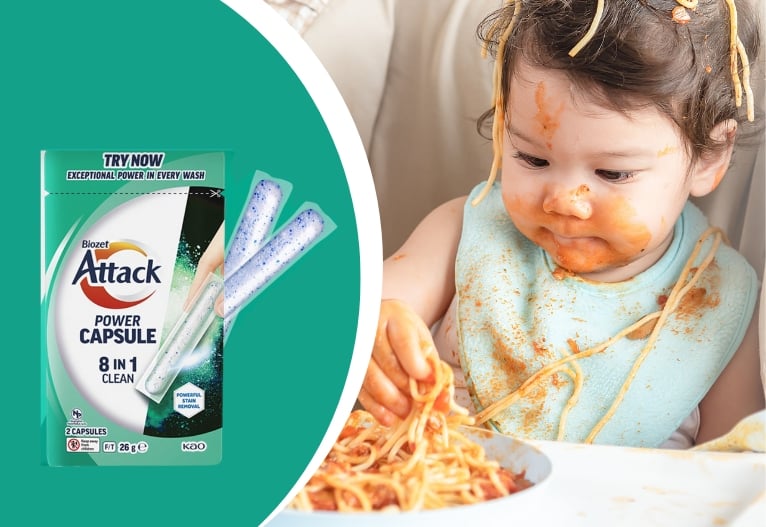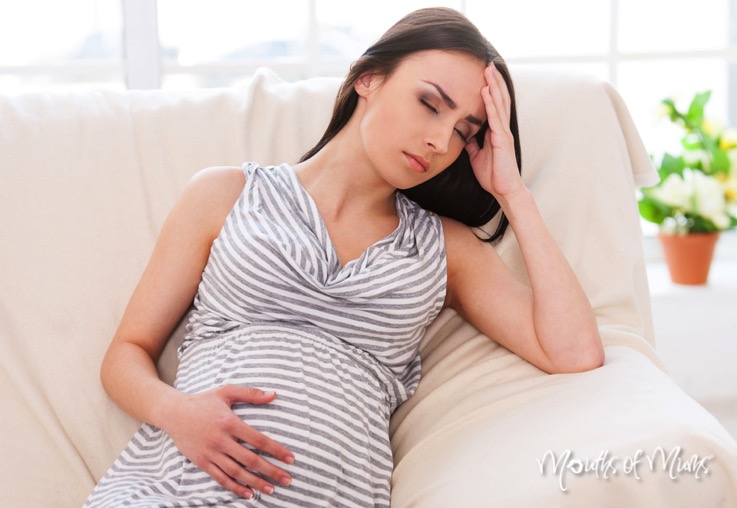Health Check: can stress during pregnancy harm my baby?

Women are vigilant about avoiding alcohol and smoking during pregnancy, but what about stress?
Camila Cordeiro/Unsplash
Monique Robinson, University of Western Australia
Most pregnant women are aware of the advice to quit smoking, avoid alcohol, and wholeheartedly fear soft cheese in all its forms, but we hear very little official public health advice about stress during pregnancy.
Yet we know that high stress levels are bad for our health generally, impacting immunity and increasing our risk for infectious and non-infectious diseases. During pregnancy, stress has specific dangers for the physical and emotional wellbeing of the baby, mother and family unit as a whole.
Stress during pregnancy is common, not least because the pregnancy itself can incite stress. This is particularly so if the pregnancy was unplanned, as nearly half of all Australian pregnancies are. Pregnancy requires a number of changes in the family’s life, including the parents’ relationship, income and employment, and often other adjustments such as moving house. Stress is sometimes related to specific events, but can also be experienced as anxiety or constant worry.
Read more: ‘Fat, bland, boring incubators’: ordinary pregnant women don’t feel like Beyoncé
The effects of stress
In pregnancy, stress exposure is associated with a higher risk for preterm delivery and lower birth weight. Preterm birth is the major cause of death and disability in children up to the age of five in Australia.
Children of mothers who were stressed during pregnancy show increased susceptibility to asthma and allergies during childhood, as well as higher rates of hospitalisation for infectious diseases such as respiratory illness and gastroenteritis.
Research has also focused on the consequences of stress during pregnancy on the child’s later mental health and cognition. The children of mothers who reported multiple stressful events during pregnancy are more likely to develop behavioural problems throughout childhood. Studies also show reduced cognitive abilities in children whose mothers experienced a natural disaster while pregnant.
Mothers who were stressed or anxious during pregnancy are more vulnerable to developing postnatal depression, and stress during pregnancy can have long-lasting effects for the family as a whole.
Read more: We’ve all heard about postnatal depression, but what about antenatal depression?
How does this happen?
What many of us have difficulty conceptualising is how something that is experienced in the mind can translate into both mental and physical health problems in the child. Some theories suggest physiological, metabolic and hormonal changes during pregnancy alter the course of fetal development, in effect “programming” the fetus to adapt and develop in a specific way.
It’s suggested that experiencing stress results in increased circulation of the stress hormone cortisol, which then crosses the placenta to the fetus, changing the hormonal makeup and compromising fetal development, both neurological and physical.
Exposure to elevated cortisol could prepare the developing fetus for a world that the mother perceives as stressful. In this way, outcomes such as behavioural problems might be seen as adaptive. For example, if a child is programmed to survive in a world that is stressful, they must be hyper-vigilant to potential danger (sacrificing concentration to single tasks), hyperactive (ready to move and explore), prone to aggression if required to fight off predators, and more sensitive to their environment.
All these are qualities symptomatic of behavioural problems such as anxiety, ADHD and conduct disorder.

Stress can teach a child they have to be hypervigilant, leading to behaviour problems.
from www.shutterstock.com
How to reduce stress in pregnancy
The difficulty with stress is that unlike smoking, alcohol and unpasteurised cheese, we can’t just decide to “quit” when it comes to eliminating stress from our busy lives. But there are many ways to manage and reduce stress. The bonus is, reducing stress in pregnancy can result in a smoother postnatal period as well.
Some ways to reduce stress include utilising social support, either by spending time with friends or accepting help from those around you to relieve the stress of daily activities.
Read more: Take the pressure down – pregnancy doesn’t have to be so stressful
Light exercise, yoga, meditation and relaxation can all assist in managing stress. While yoga class might be perceived as inaccessible or elitist, a recent study of pregnant underprivileged urban teens in the US showed that group yoga was an appealing method of reducing stress and addressing worries for this population. Scheduling time to rest and discussing work demands in pregnancy with your employer are other ways to reduce stress.
When stress becomes overwhelming it’s important to talk to a GP who can refer you to a psychologist or other local service to help address the stress in your life.
It can be reversed
Although the research can sound frightening, a happy and healthy postnatal environment can eliminate many of these risks for mother and child.
The concept of “developmental plasticity” refers to the brain’s ability to adapt and change and is a very active process in early childhood. The Bucharest Early Intervention Project is a great example of this, following infants adopted from Romanian orphanages into their American foster homes and showing how early damage from neglect can be reversed by later love and care.
![]() Building resilience in families and children in the face of stress is extremely important, and this is why it’s vital we include stress management strategies into not just pregnancy care, but also the early years of parenting and child development.
Building resilience in families and children in the face of stress is extremely important, and this is why it’s vital we include stress management strategies into not just pregnancy care, but also the early years of parenting and child development.
This article was originally published on The Conversation. Read the original article.
Share your comments below
Shutterstock photo
We may get commissions for purchases made using links in this post. Learn more.























-

-
-
-
mom94125 said
- 01 Sep 2017
-

-
-
-
mom101628 said
- 26 Aug 2017
-

-
-
-
mom94378 said
- 22 Aug 2017
-

-
-
-
june11 said
- 22 Aug 2017
-

-
-
-
mom90758 said
- 22 Aug 2017
-

-
-
-
mom206279 said
- 21 Aug 2017
-

-
-
-
mom93821 said
- 21 Aug 2017
Post a comment8:15 pm
8:51 pm
8:30 pm
2:16 pm
2:07 pm
8:57 pm
7:10 pm
To post a review/comment please join us or login so we can allocate your points.